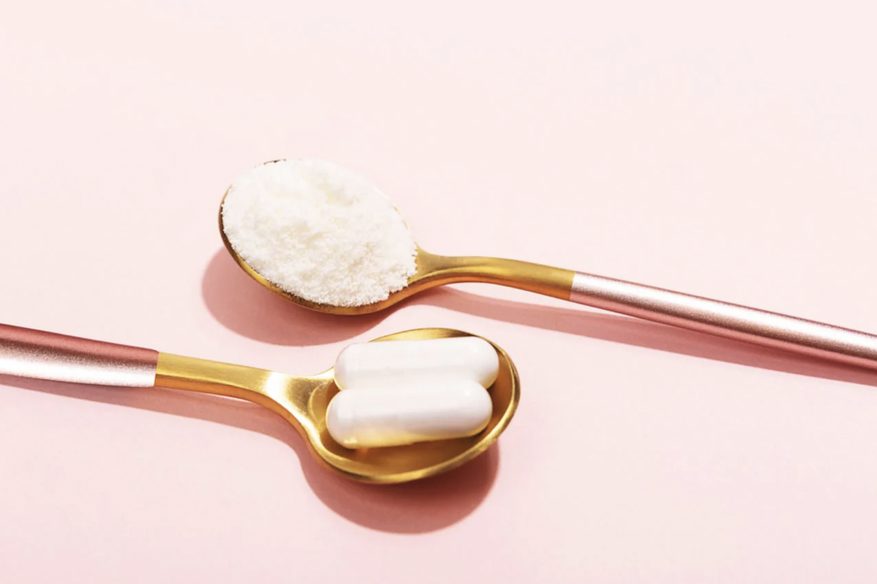 What’s the Difference Between Collagen Peptides and Hydrolyzed Collagen?
What’s the Difference Between Collagen Peptides and Hydrolyzed Collagen?
Bioactive
Bioactive is a term that refers to substances capable of interacting with and having an effect on living tissue. These substances, which include a range of compounds like enzymes, vitamins, minerals, and peptides, can influence biological processes in various ways. Collagen protein, in particular, is classified as a bioactive peptide because of its significant impact on the body’s biological functions. As a key structural protein found in skin, bones, and connective tissues, collagen’s bioactive properties are central to maintaining the strength, elasticity, and integrity of these tissues. When ingested in the form of supplements, collagen peptides are believed to stimulate the body’s own collagen production processes, aiding in tissue repair and regeneration. This bioactive quality of collagen makes it a popular ingredient in nutritional supplements and skincare products, valued for its potential to improve skin health, joint function, and overall well-being.
In the broader context of health and nutrition, the concept of bioactivity extends to how substances in foods or supplements interact with biological systems to bring about a health benefit. This interaction can be complex and is influenced by the bioavailability of the substance, the individual’s health status, and the presence of other compounds that might enhance or inhibit its activity. Bioactive compounds like antioxidants, for example, are known for their role in neutralizing free radicals and reducing oxidative stress in the body, thereby contributing to the prevention of chronic diseases. The study of bioactive substances is a dynamic area of research, focusing on identifying and understanding how these compounds work at the molecular level. This research is crucial for developing new treatments and dietary recommendations that leverage the beneficial effects of bioactive compounds for health promotion and disease prevention.
 What’s the Difference Between Collagen Peptides and Hydrolyzed Collagen?
What’s the Difference Between Collagen Peptides and Hydrolyzed Collagen?
 What is Bone Health and How Can Collagen Peptides Support It?
What is Bone Health and How Can Collagen Peptides Support It?
 Collagen Peptides: Support Your Skin the Nutritional Way
Collagen Peptides: Support Your Skin the Nutritional Way
 Does Ethnicity Affect How Our Skin Ages?
Does Ethnicity Affect How Our Skin Ages?



